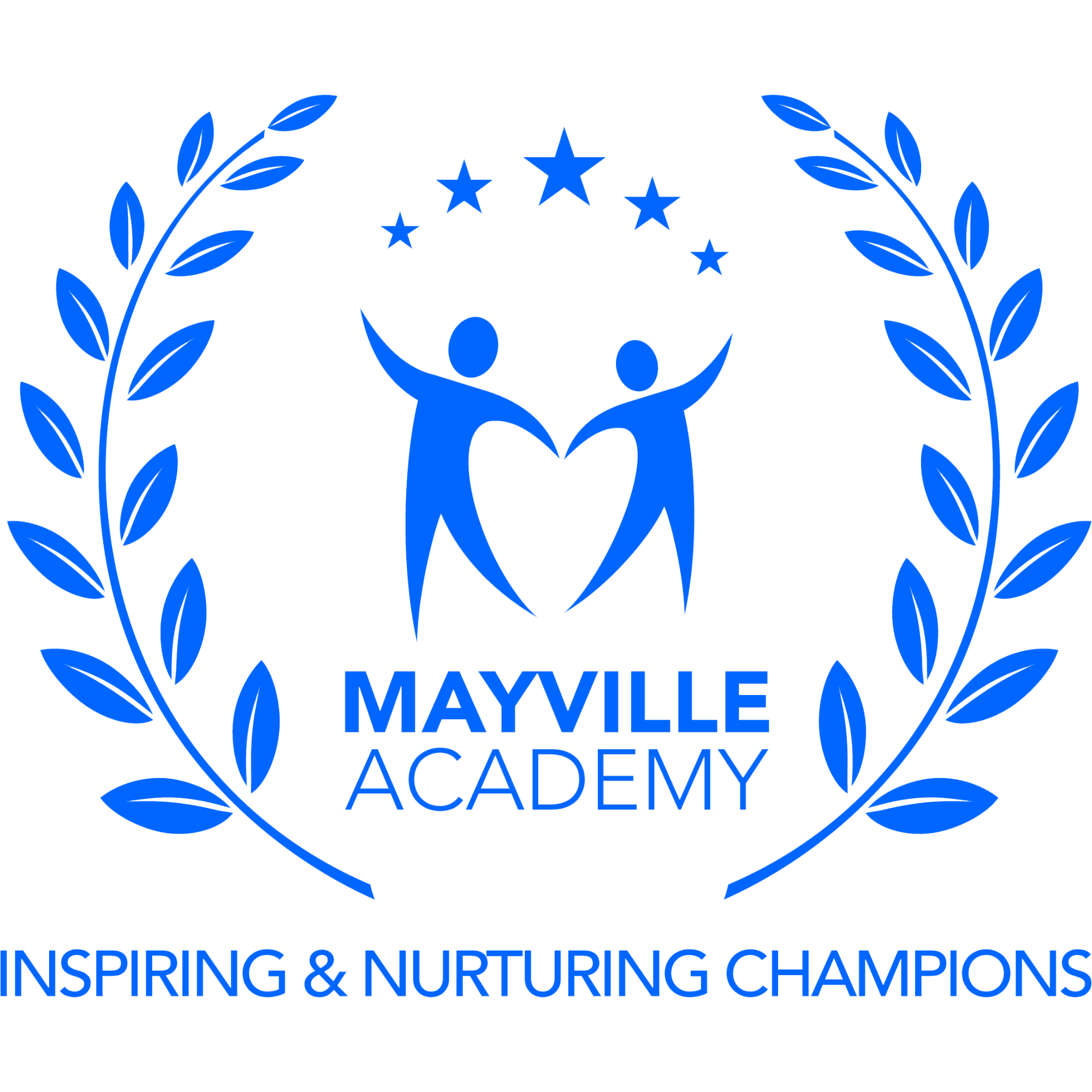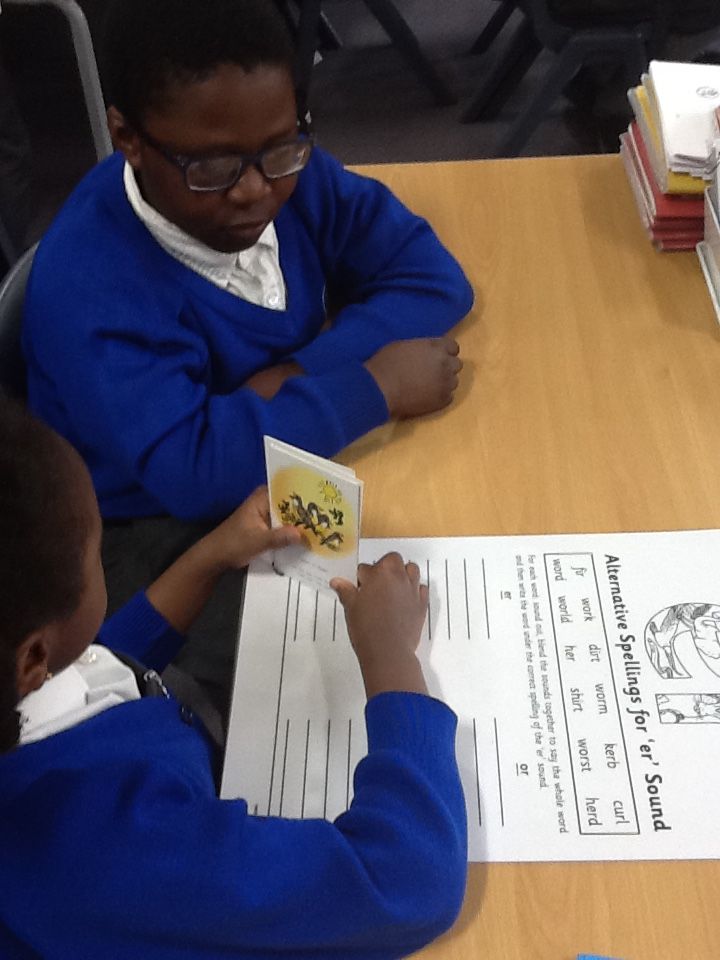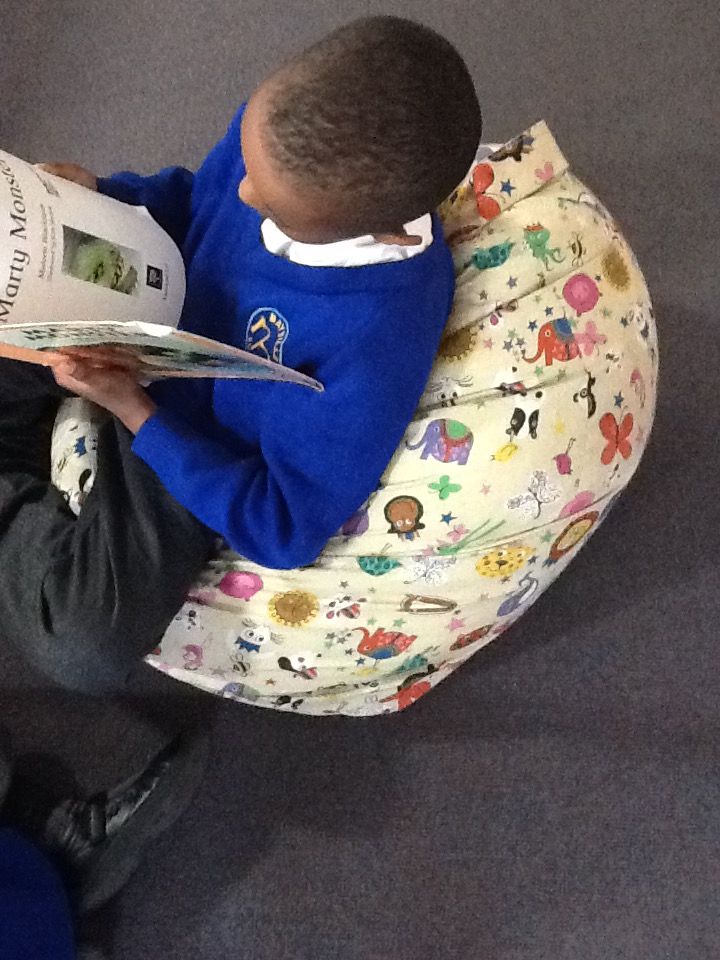Reading
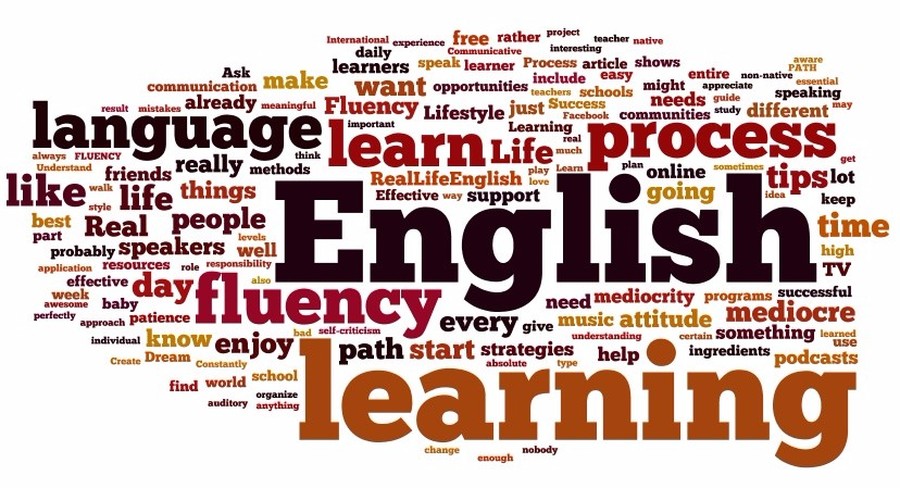
Intent
At Mayville Primary School, we believe that the teaching of reading is fundamental to a child’s understanding and appreciation of the world around them; a platform that allows our children to see beyond what they know, share in cultural experiences and develop the vocabulary they need to effectively express themselves.
Our reading curriculum strives to foster a lifelong love of reading. This curriculum is delivered through synthetic phonics, a linked approach to shared and guided reading, home reading, reading across the curriculum, regular opportunities for independent reading and hearing quality texts read aloud every day. All of these are essential components as they offer the range of opportunities needed to develop fluent, enthusiastic and critical readers.
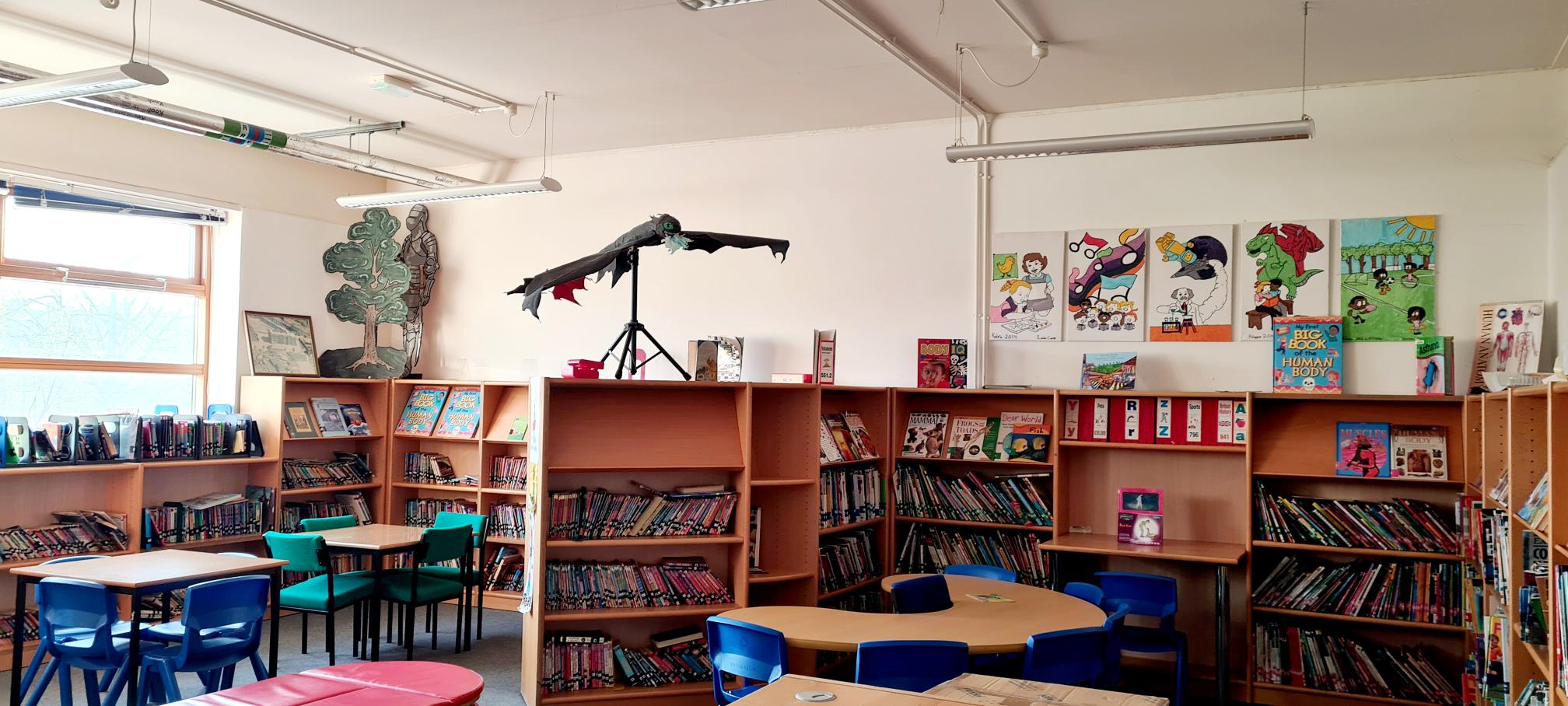
It is significant that children are motivated to read at home regularly; when their reading opportunities increase, so does their fluency and stamina, which in turn increases their enjoyment of reading. Therefore, the link between children’s motivation to read and reading for pleasure is reciprocal.
We understand the importance of parents and carers in supporting their children to develop both word reading and comprehension skills so we endeavour to build a home-school partnership, which enables parents and carers to have the confidence to support their children with reading at home.
Reading is at the very heart of our curriculum. We are committed to promoting a love for reading and not only giving children opportunities to read in English lessons, but in the wider curriculum too.
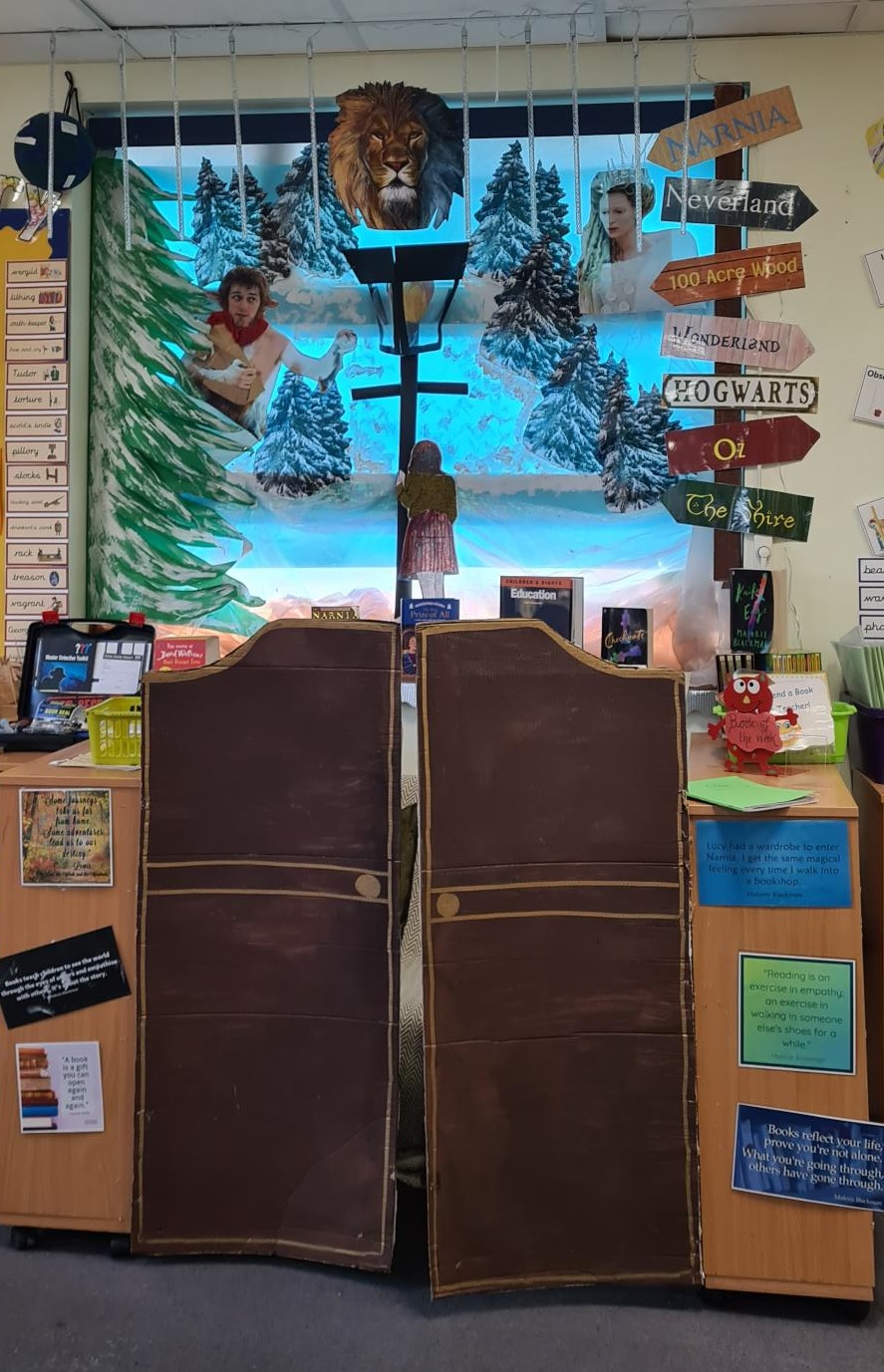
Implementation
- Daily phonics lessons in Lower School - we follow the Read Write Inc Programme because it is a systematic, synthetic approach, which is recommended as the most effective way for children to learn to read. Phonics learning is revisited throughout the day, with the aim for all children to make rapid progress, so they become fluent readers as quickly as possible.
- Guided Reading: Children are taught reading using a whole class approach. Reading lessons are planned to explicitly teach the comprehension requirements of the National Curriculum using rich fiction, non-fiction and poetry.
- We are currently using the Take One Book Scheme, which encourages quality and ‘rich talk’ discussions about a book.
- Take One Book scheme is a book-based approach that teaches reading for meaning and depth of understanding.
- Aspects of comprehension are studied when exploring the text deeper. These include: retrieval, vocabulary, explanation, prediction and inference.
- Lessons involve the children working collaboratively to actively investigate the text and record their learning in their personal Reading Journals.
- Take One Books are broken down into different stages when teaching the skills for: reading, comprehension, fluency and vocabulary based upon up-to-date research.
Before Reading the Book
Hook
Setting up the learning to engage children and excite them makes a huge difference to the way they approach a new book.
A hook can:
- Provide an immersive multisensory experience with artefacts, images, sounds…and even smells
- Start with a dramatic scenario to provoke questioning
- Present a problem for the children to solve
Orientation
The orientation gives consideration to what needs to be put in place for children to access the text. This could be achieved through:
- Activation of prior knowledge: Helping children make connections between their own experiences and a text.
- Building background knowledge: develop background knowledge prior to reading. For instance, knowing something about the coal mining industry before reading Town is by the Sea, could enhance understanding and appreciation of the story.
- Key vocabulary: some key vocabulary may be pre-taught to help children access the text.
During Reading
First Encounter
- Reading aloud
- Exploring ideas
- Checking literal understanding, clarifying and explaining
- Expose thinking: help children to shape their thinking, help teachers plan the next steps in the learning journey and provide a record of the learning.
Digging Dipper
Refining a response: There are many aspects of textual analysis that can be developed more deeply
Expanding thinking
- Teacher and pupil questions initiate dialogue, which promotes deeper thinking.
- Statements are used to develop argumentation and encourage the justification of ideas.
Children are encouraged to look beyond what they already know and to consider alternative viewpoints. - More experienced readers are challenged to consider how characters are represented and to decentre and consider how different readers might respond.
- Different types of thinking, such as ‘compare and contrast’, ’cause and effect’ ‘identifying the writer’s intention’ to further expand on children’s thinking
After Reading
Review and Reflect includes revisiting a text, thinking about thematic content and text to world discussions.
With fiction and nonfiction, children might summarise a text by distilling key information. Making evaluative responses requires thinking beyond the book to consider how it measures up against other texts.
At the end of the reading sequence children reflect on what has been learnt. Children are encouraged to evaluate their learning and identify the strategies that were particularly useful so that they can use them in their independent work.
-
Story Time – To encourage and give opportunities for our children to delve into their passion of reading, we have 15 minutes at the end of the day where we ‘Drop Everything And Read’ - DEAR.
This is an opportunity for children to the read to by their class teachers as well as their peers. Additionally, children are able to develop their knowledge and confidence to explore and discuss a wide range of authors, illustrators, text types and genres. In Reception, the children enjoy performing actions and joining in with repeated phrases as they listen to their favourite (and new) stories again and again.
- Home learning - parents are expected to hear their child read daily even when they are fluent readers. There is guidance for parents in the Reading Records and weekly letters. Parents are encouraged to record all reading experiences in the Reading Record, which are counted towards the half-term reading challenges.
- A range of regular events to engage pupils with the joy and wonder of a wide range of text types, so they are confident, enthused and motivated to read for pleasure. Events include weekly virtual bedtime stories, Book Buddies, Mystery Readers, Book Week and reading challenges.
- A supportive learning environment with book corners in every classroom, so children have access to engaging books. We are developing our main library of topic books, so they can be available to support the children’s interests and topic learning.
Impact
Children leave Mayville as happy, confident learners who have developed a love for reading with the key, essential skills and knowledge necessary for the next stage of their learning. They have high aspirations and are confident in the art of reading and can successfully decode, and comprehend what they have read.
- Pupils enjoy reading across a range of genres
- Pupils enjoy reading regularly for information and for enjoyment
- Pupils discuss books with excitement and enjoyment
- Pupils have a wide vocabulary from a range of books they have read
- Parents and carers will have a good understanding of how they can support pupils’ reading development at home
Leytonstone Library

We recomend you join the local Library and allow your child to fall in love with reading.
Contact Details:
Leytonstone Library
6 Church Lane
Leytonstone
E11 1HG
Telephone: 020 8496 3000
Fax: Fax 020 8496 1191
Leytonstone Library Plus offers the following free services and facilities for members:
- books: print titles, eBooks and eAudiobooks available for loan or download
- newspapers and magazines: latest editions available to read in the library
- computers: PC's with Microsoft Office software and internet access
- Wi-Fi internet access available throughout the building
- online courses: access a range of free learning material, including language lessons, driving theory test preparation and computing skills lessons
- study room
- public toilet (wheelchair accessible)
Library members can also access the following 'paid for' services with their library card:
- printing, photocopying and scanning
- fax machine
- hall for hire
